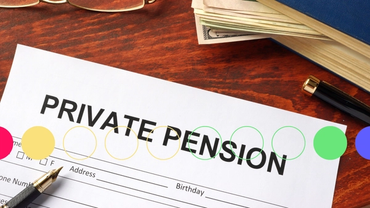Your Complete Guide To The UK State Pension: Eligibility, How To Claim & More
By Boring Money
State Pension increases from April 2026 for those with sufficient National Insurance contributions.
Many Britons unknowingly miss out due to gaps in their National Insurance records
Readers will learn:
✅ How to check their State Pension forecast
🫙 Benefits of filling National Insurance gaps
Takeaways:
⬇️Missing contributions substantially reduce lifetime pension income
👔Special considerations for self-employed
Understanding your personal National Insurance record is crucial. Those with career breaks, part-time work, or self-employment often have significant gaps.
Our analysis shows incomplete contribution records result in considerably less income over retirement. The good news is these gaps can be filled.
 Unlock this article to continue reading
Unlock this article to continue reading
Join Boring Money for free today to make better money choices, whether using our guides, expert analysis, or comparison tools to find the best home for your money. Registering should take you less than a minute so its quick and painless.
Already have an account? Login



